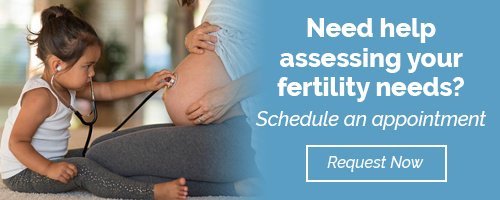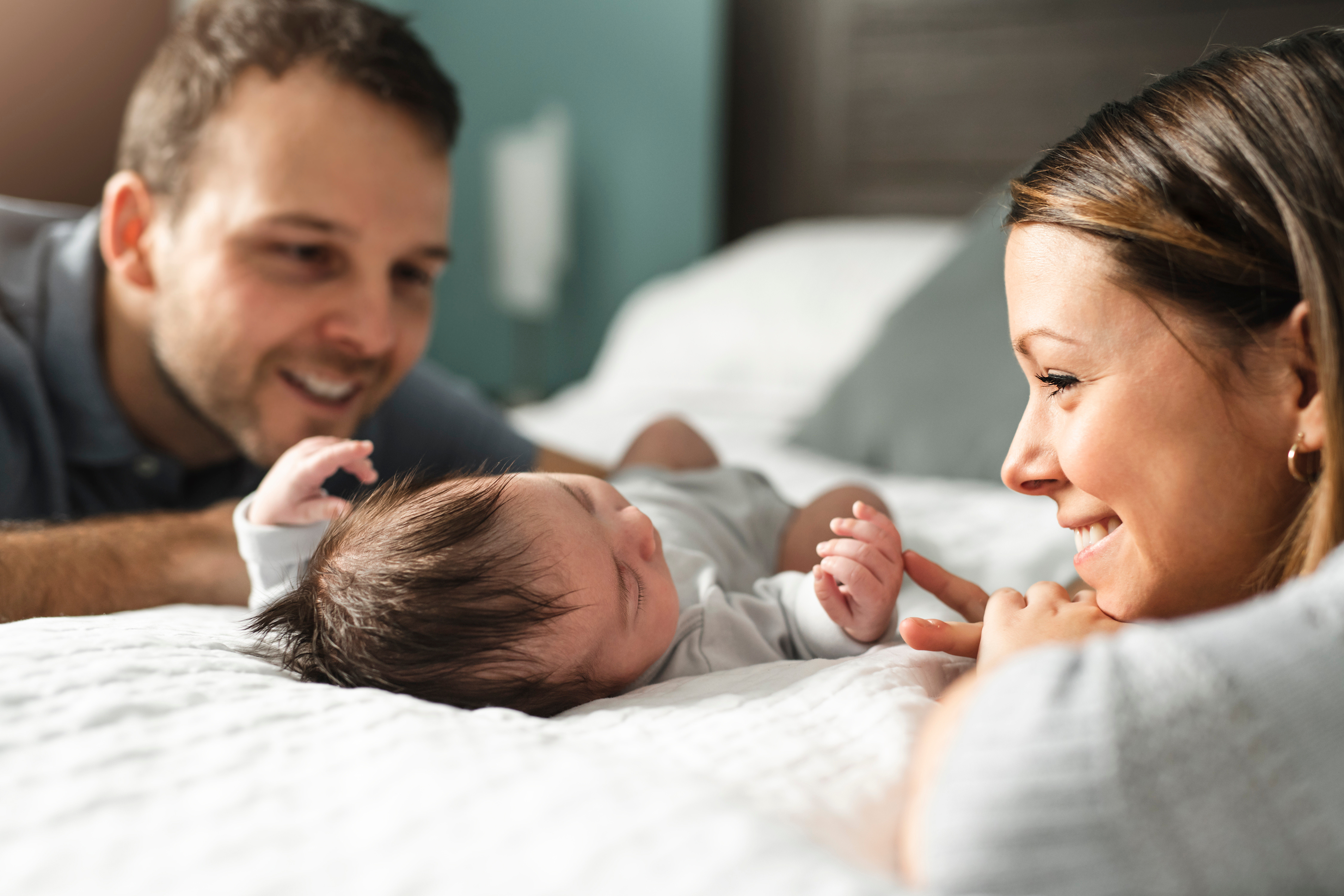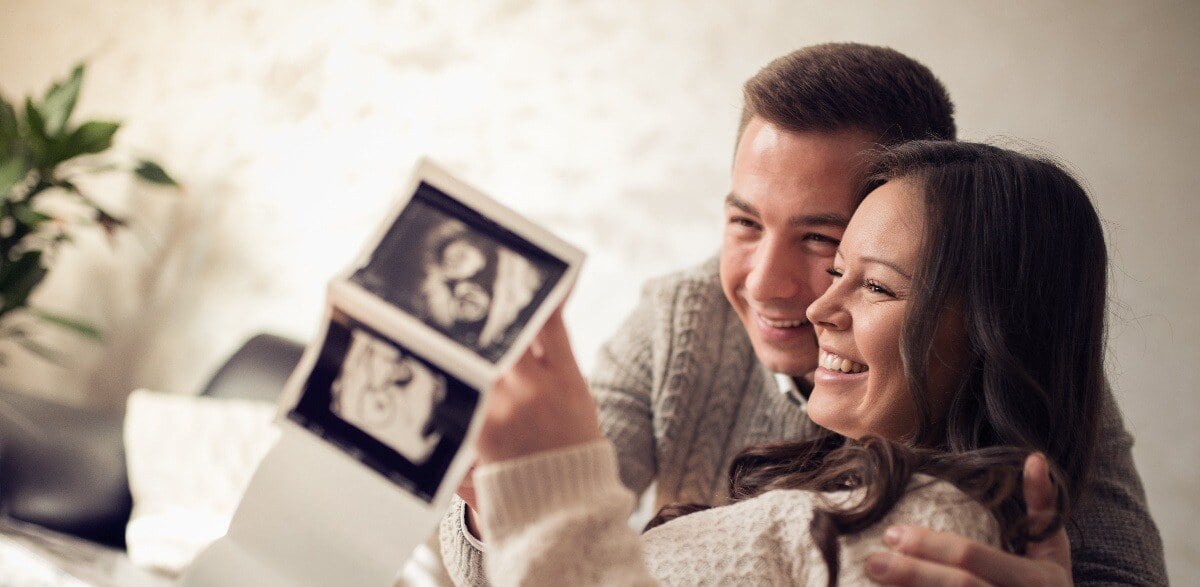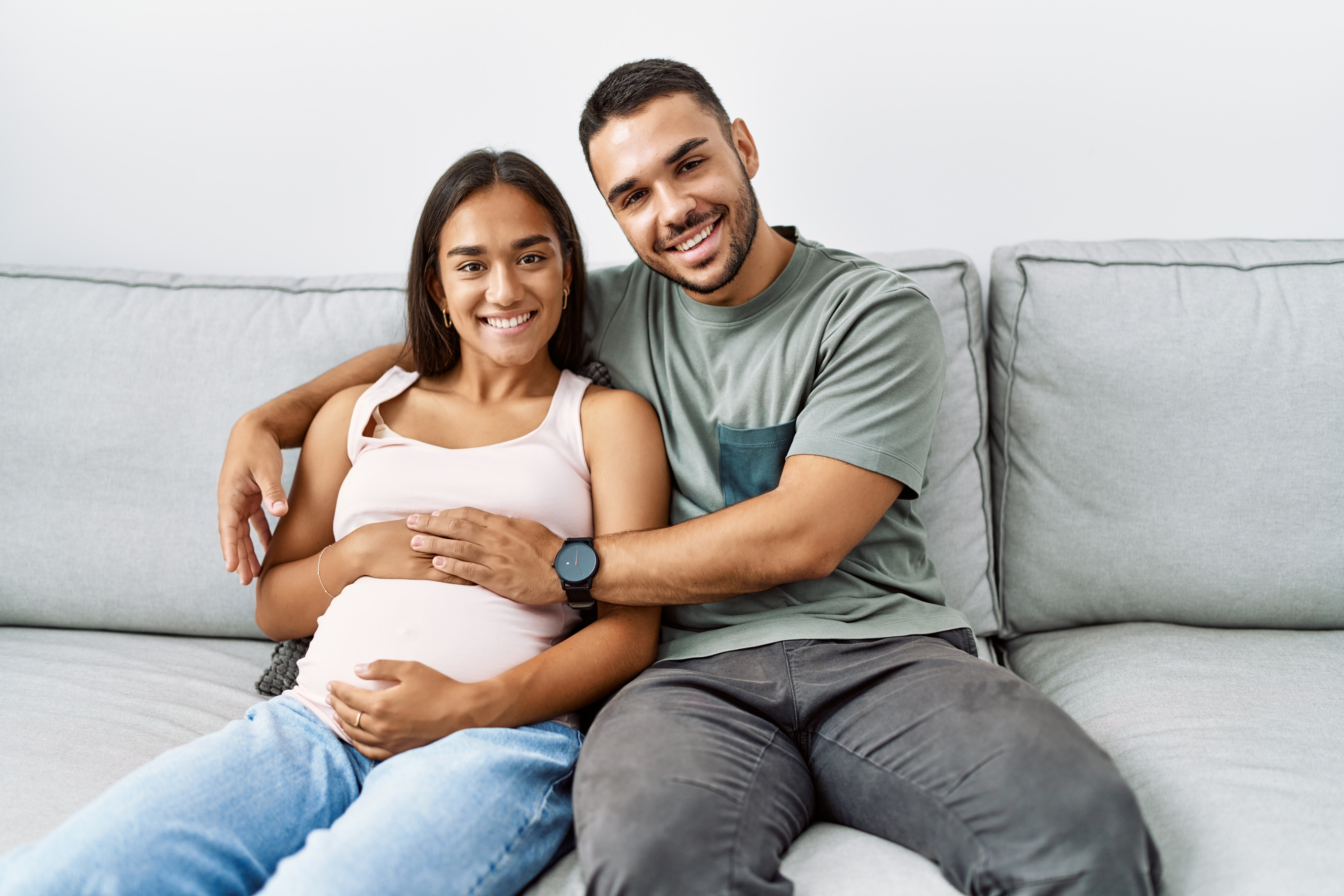Published
For a fairly common condition, endometriosis is often misunderstood and misdiagnosed. This can become especially frustrating when you’re struggling to get pregnant. It is estimated that up to 35% - 50% of women with endometriosis experience female fertility challenges as a result, and that’s on top of the pain that many women with endometriosis experience! Because endometriosis presents differently in every person, it is often misdiagnosed, or not diagnosed at all until fertility challenges arise. Learning more about endometriosis can help unravel some of the mysteries of your fertility challenges.
This video takes on the common myth that if you have endometriosis, you're infertile.
What is Endometriosis?
Endometriosis occurs when the layer of tissue that normally lines the uterus - the endometrium - is found in other parts of the body. It is most often found on the ovaries and fallopian tubes, but in very rare cases has been found throughout the body, including on the bowels, liver, lungs, diaphragm, or even the brain. Although no one is sure exactly what causes endometriosis, some theories include:
- Retrograde Menstruation - menstrual blood containing endometrial cells enters the abdominal cavity through the fallopian tubes.
- Surgical Scar Implantation - after a C-section, hysterectomy, or other surgery on the uterus, endometrial cells can attach to the incision.
- Embryonic or Peritoneal Cell Transformation - hormonal or immune system factors transform these cells into endometrial cells.
Even though this endometrial tissue is outside of the uterus, it is still affected by monthly hormonal changes. This means that when you are having a normal menstrual cycle, this tissue will also swell, break down, and bleed. Since there is no place for this tissue to go, it can cause pain and, in severe cases, scarring and adhesions.
How Can It Affect My Fertility?
There are two main ways that endometriosis may contribute to infertility:
- Pain
- Blockage or Damage to Reproductive Organs
Pain
Endometriosis can range from mild to severe, totally painless to almost debilitating. And severity and pain are not always correlated. Some women who have mild cases of endometriosis experience terrible pain, while women with severe cases don’t experience much pain at all. It all depends on where the endometrial tissues has attached in the body.
For many women, the pain associated with endometriosis is directly related to their periods, and some women experience pain during or after sex. This can have an obvious effect on your ability to conceive and you may need the help of a fertility specialist to resolve it.
Blockage or Damage to Reproductive Organs
The most common places to find endometriosis is on the fallopian tubes or ovaries. Endometrial issues in or on the fallopian tubes can:
- prevent sperm from reaching the egg
- prevent the egg from traveling to the uterus
- increase the risk of ectopic pregnancy (in the event that the egg is fertilized)
The ovaries can also be affected by endometriosis. When endometrial tissue is found on the ovaries it can become an endometrioma, a benign cyst that may make it more difficult for ovulation to occur normally.
Depending on the severity, where it is located, and how long it goes untreated, endometriosis can cause the development of scar tissue and adhesions - fibrous bands of tissue that can cause different organs to get stuck together and is often very painful.
.png?width=480&name=Endometriosis%20(1).png)
I Think I Have Endometriosis - What Should I Do?
If you have been experiencing severe pain associated with your period, experience pain during or after sex (or with bowel movements or urination), or you have been struggling to get pregnant for six months to a year, it may be time to visit a fertility specialist. The only way to definitively diagnose endometriosis is through minimally invasive laparoscopy.
Despite the long and complicated name, this is a fairly simple, outpatient procedure. Small incisions are made near the navel, and an endoscope - a small flexible camera - is inserted to give your doctor a clearer view of your pelvic cavity, uterus, fallopian tubes, and ovaries.
What Will Happen if I Have Endometriosis and I Get Pregnant?
If you have endometriosis and you do get pregnant - either with the assistance of a fertility specialist or without - any symptoms caused by your endometriosis might actually improve. Since you won’t get your period while you’re pregnant, the monthly hormonal changes that affect the endometrial tissue will stop (a double bonus!). Your doctor will want to know if you have previously been diagnosed with endometriosis and may do some extra monitoring during your pregnancy. Because endometriosis can continue to increase in severity, some doctors may recommend not delaying pregnancy in case your symptoms and their effect on your fertility worsen.
What’s Next?
Diagnosing endometriosis is a complicated process. The first step will most likely be a pelvic exam, followed by a transvaginal ultrasound, and finally - if appropriate - endometriosis surgery, also known as laparoscopy. There are many options for managing your endometriosis, and when you decide you’re ready to grow your family, our fertility experts are here to help. You can read more about all of our fertility therapies, or if you’re ready to get started, you can request an appointment. We can’t wait to meet you!




